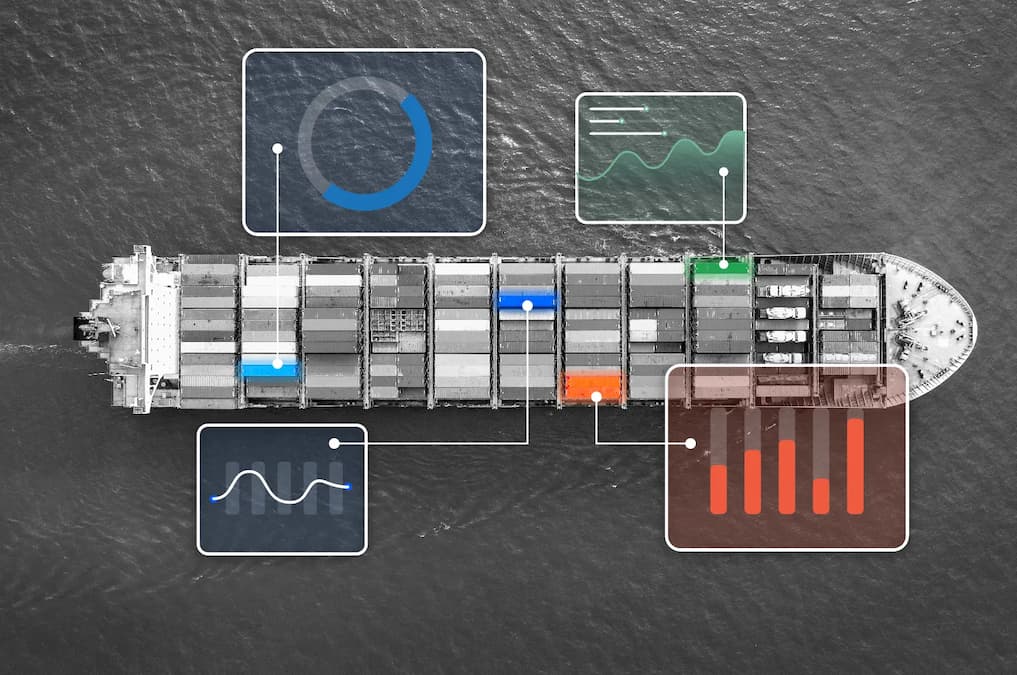A “sustainable by nature” container

A “sustainable by nature” container
The Unit One container enhances the safety, efficiency, and sustainability of flexitank transportation. It is designed to withstand the harsh maritime handling conditions, prevent container bulging and leakage, and provide thermal insulation.
By making container movement more predictable, we at AELER accelerate intermodal capability, leading to a reduction in truck usage and additional CO2 savings. The Unit One container is consciously designed using environmentally friendly materials and prioritises recyclability. It can be repurposed for container housing, further contributing to sustainability efforts.
Save on fuel consumption, single-use material and cargo loss
Quantifying the environmental benefits of AELER containers, the savings include fuel consumption, raw material use, waste inventory, and end-of-life impacts. The AELER Unit One container can significantly reduce fuel consumption per unit of payload, facilitate multimodal shifts, reduce raw material consumption, and minimise leftover goods. The container's end-of-life impacts are relatively low, and recycling or upcycling options are prioritised.
Comply with the environmental regulation while contributing to Europe’s re-industrialisation
The AELER Unit One has broader impacts on the economy, environment, society, and the European Union. It improves structural and digital efficiency, potentially resulting in cost and waste reduction within the logistics industry. It can reduce CO2 emissions on a global scale, contribute to combating illegal activities, reduce administrative burdens, and facilitate international trade. Bringing container production back to Europe strengthens the economy and mitigates risks. Clear guidelines on carbon accounting would incentivize transport players to adopt AELER containers and benefit from emissions reduction.
In conclusion, AELER's Unit One container, made from composite materials, offers a safer, more reliable, and sustainable alternative for cargo transportation. Its adoption brings numerous benefits, including improved cargo performance, resistance to damage, and a positive environmental impact. Transitioning from steel containers to composites promotes sustainability in the maritime logistics industry.
Related resources


Smart containers: a comprehensive guide to the future of shipping
Smart containers: a comprehensive guide to the future of shipping


The new cool kid on the block: natively insulated shipping containers
The new cool kid on the block: natively insulated shipping containers
.jpg)
.jpg)





